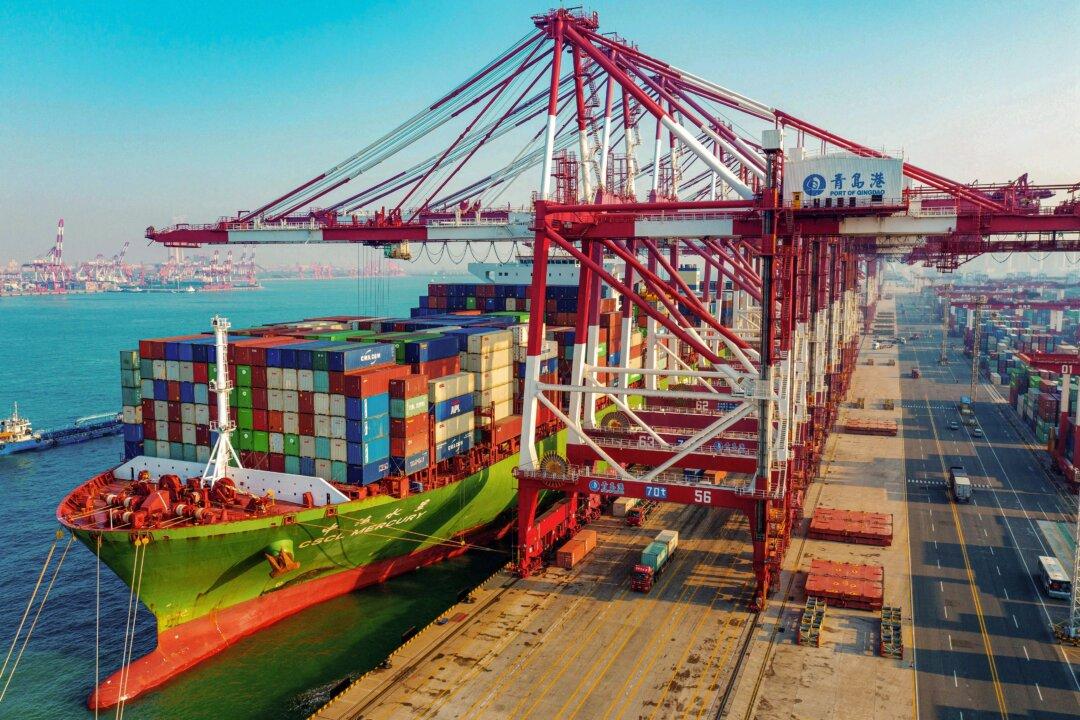News Analysis
Former President Donald Trump’s tariffs and sanctions had the Chinese economy on the ropes. The new administration is enforcing these tariffs and restrictions.

Former President Donald Trump’s tariffs and sanctions had the Chinese economy on the ropes. The new administration is enforcing these tariffs and restrictions.